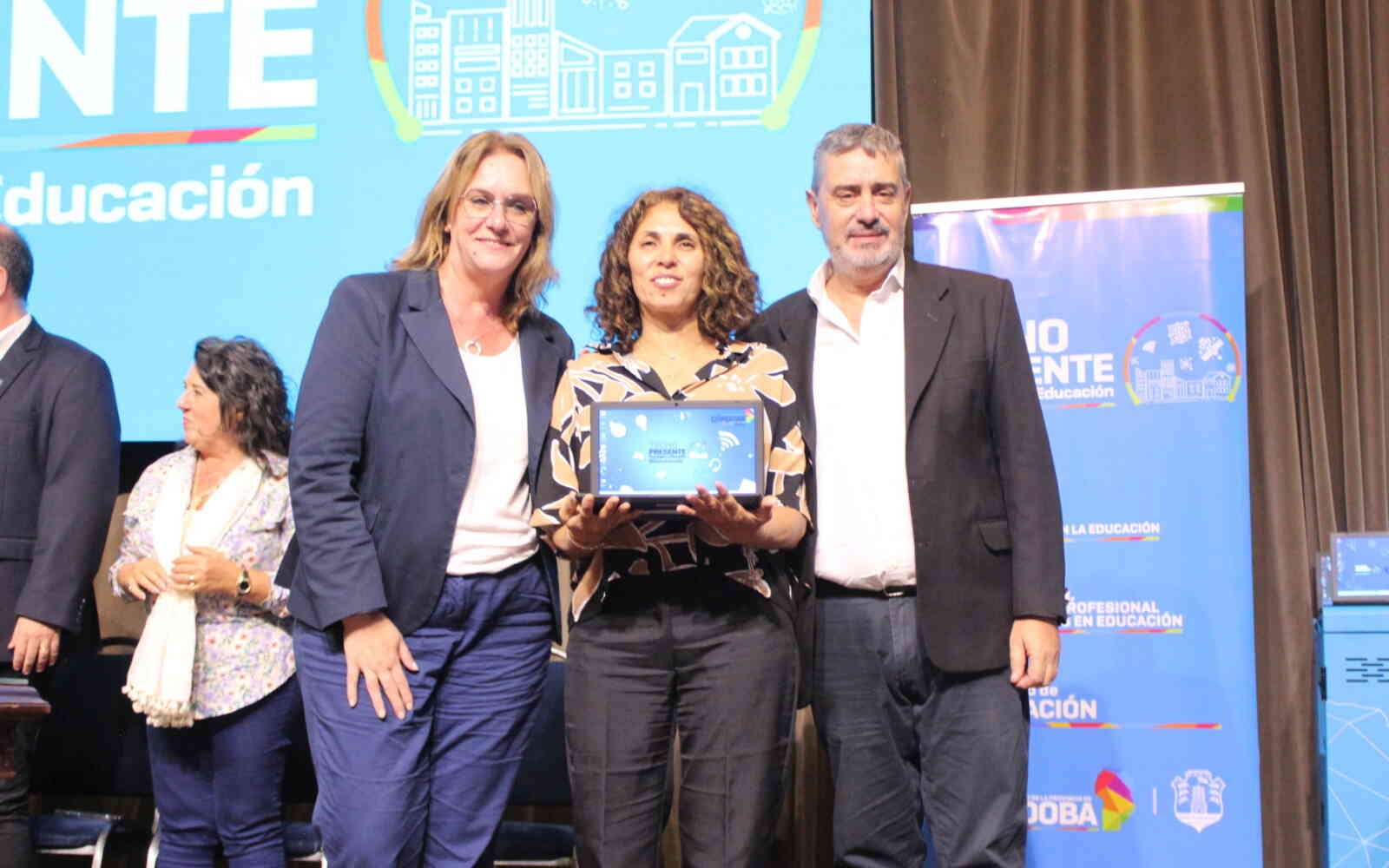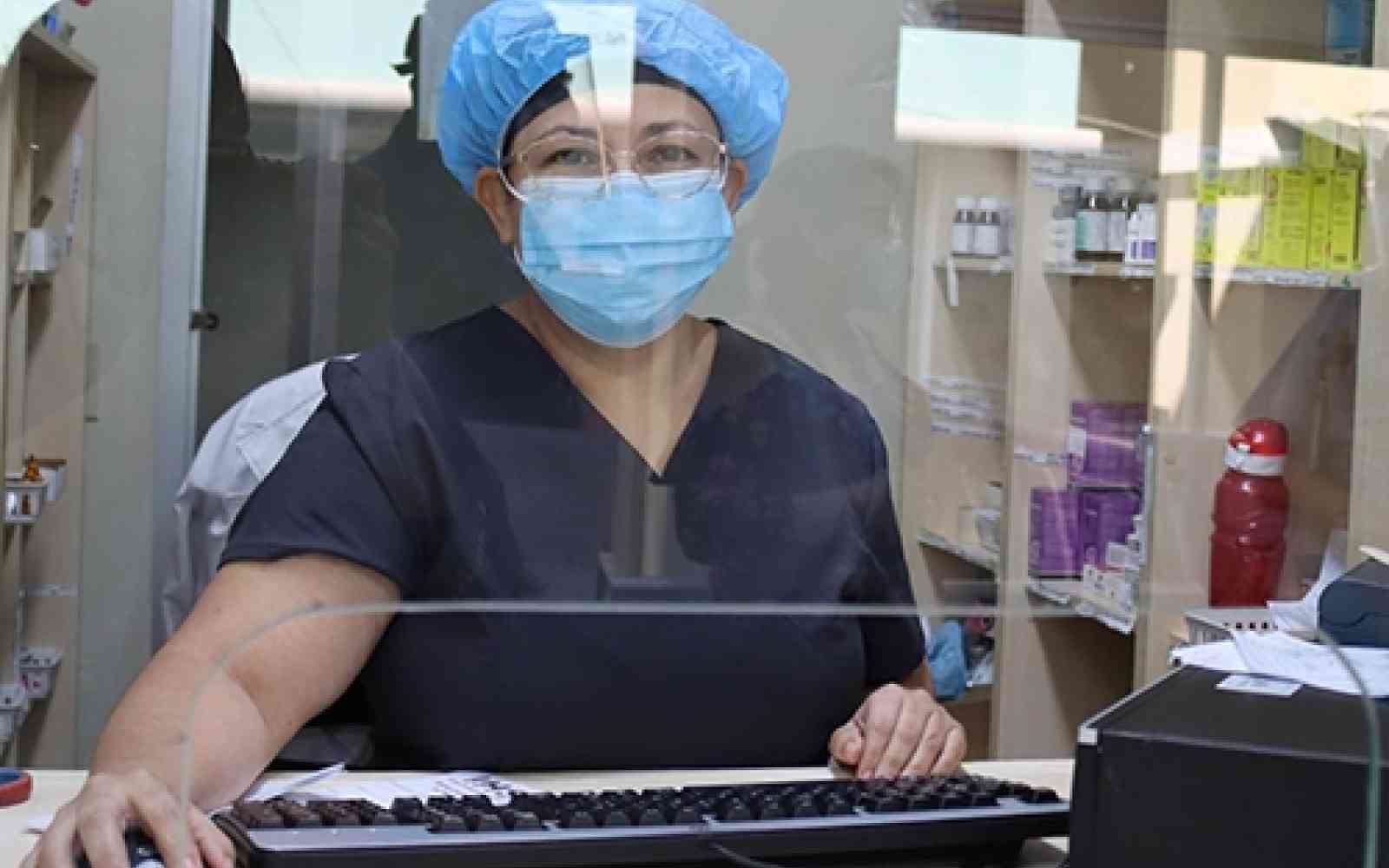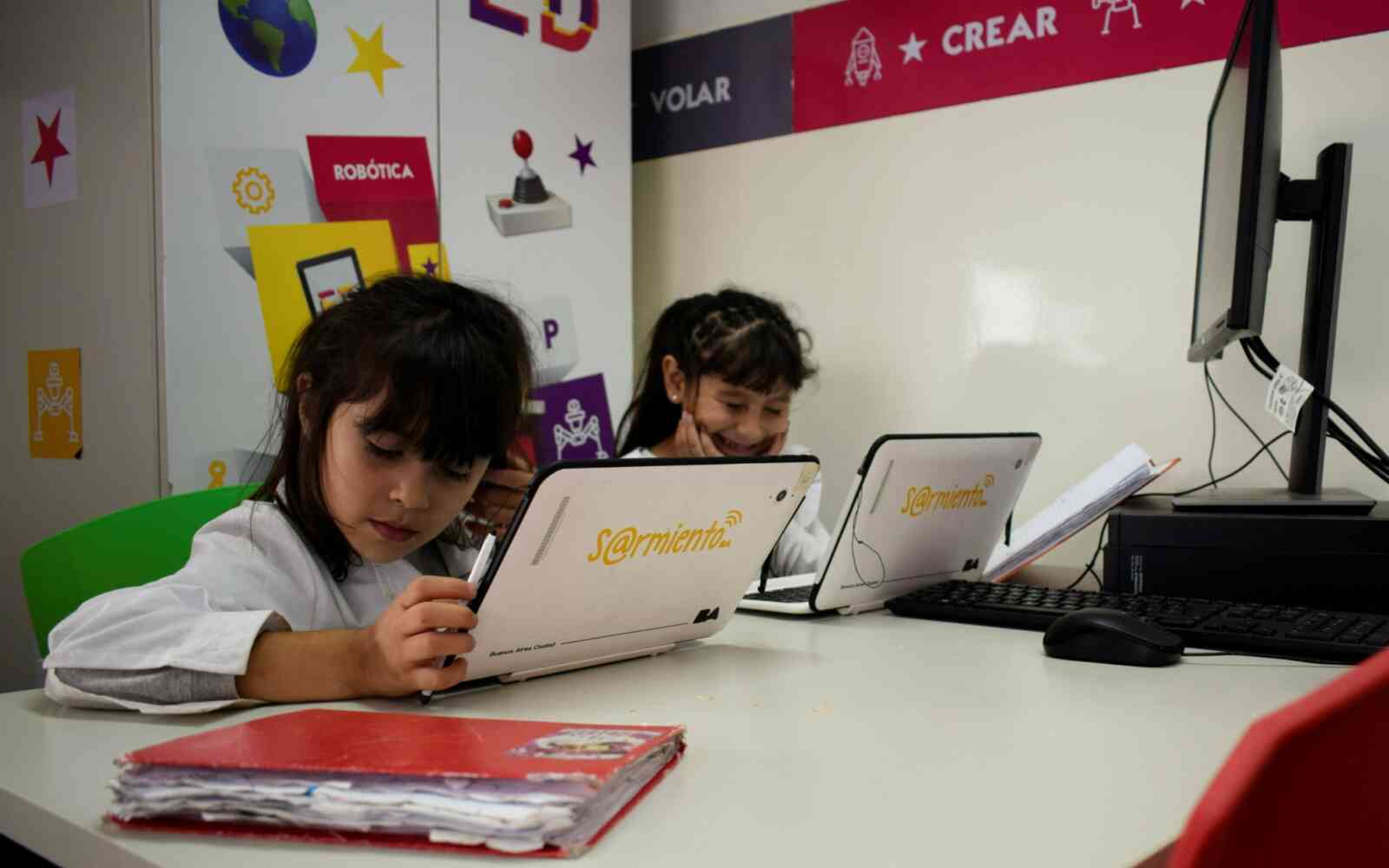The United Nations Office for Project Services (UNOPS)
UNOPS and UK Aid launch UNOPS Possibilities (UP) Forum in Myanmar

The fourth edition of the UP Forum kicked off in Yangon, in partnership with the United Kingdom’s Department for International Development (DFID).
Part of UNOPS efforts to further support sustainable procurement, the two-day event provided local micro, small- and medium-sized enterprises in Myanmar with ideas and tools to encourage their success.
“Micro, small- and medium-sized enterprises are the backbone of our country’s development – they comprise 99 percent of all enterprises,” said Daw Aye Aye Win, Director General, Central Department of Small and Medium Enterprises Development, Myanmar’s Ministry of Industry.
"UNOPS is committed to supporting small and medium enterprises in Myanmar, especially women- and youth-owned businesses, by inspiring and building the capacity of entrepreneurs, to encourage social and economic development," said Patricia Moser, UNOPS Director of Procurement.
“Women-owned and youth-owned businesses are growing in Myanmar and this event greatly supports the government's drive for procurement reform, which will benefit these small and growing businesses,” said Andrew Kirkwood, UNOPS Myanmar Country Director.
Around 150 people attended the event. Participants learned key skills and resources to enhance their success, as well as how to access valuable business opportunities and register as a supplier with UNOPS and DFID.
“We want participants to gain deeper insight into how they can engage with us,” said Gail Marzetti, Head of DFID in Myanmar.
Local successful entrepreneurs and suppliers also met with participants and shared their experiences.
“The UP Forum helped me to learn more about the requirements and procedures to work with UNOPS,” said Sabae Latt, Operation Director, Central Hotel Yangon. “It also provided the opportunity for me to meet and connect with other suppliers from different industries.”
UNOPS is the largest UN agency in Myanmar, spending around $200 million last year of public funds, much of it through procurement.












